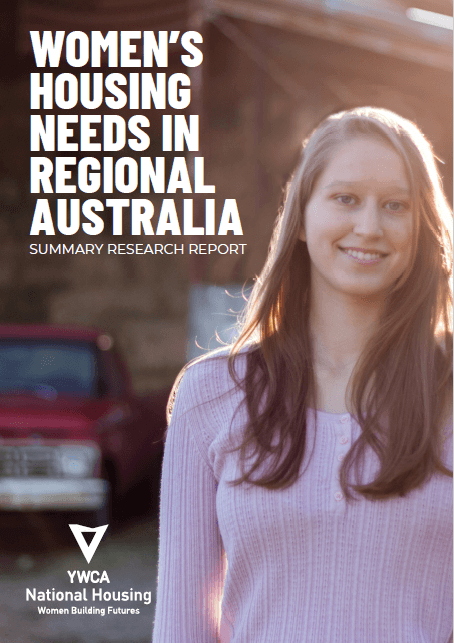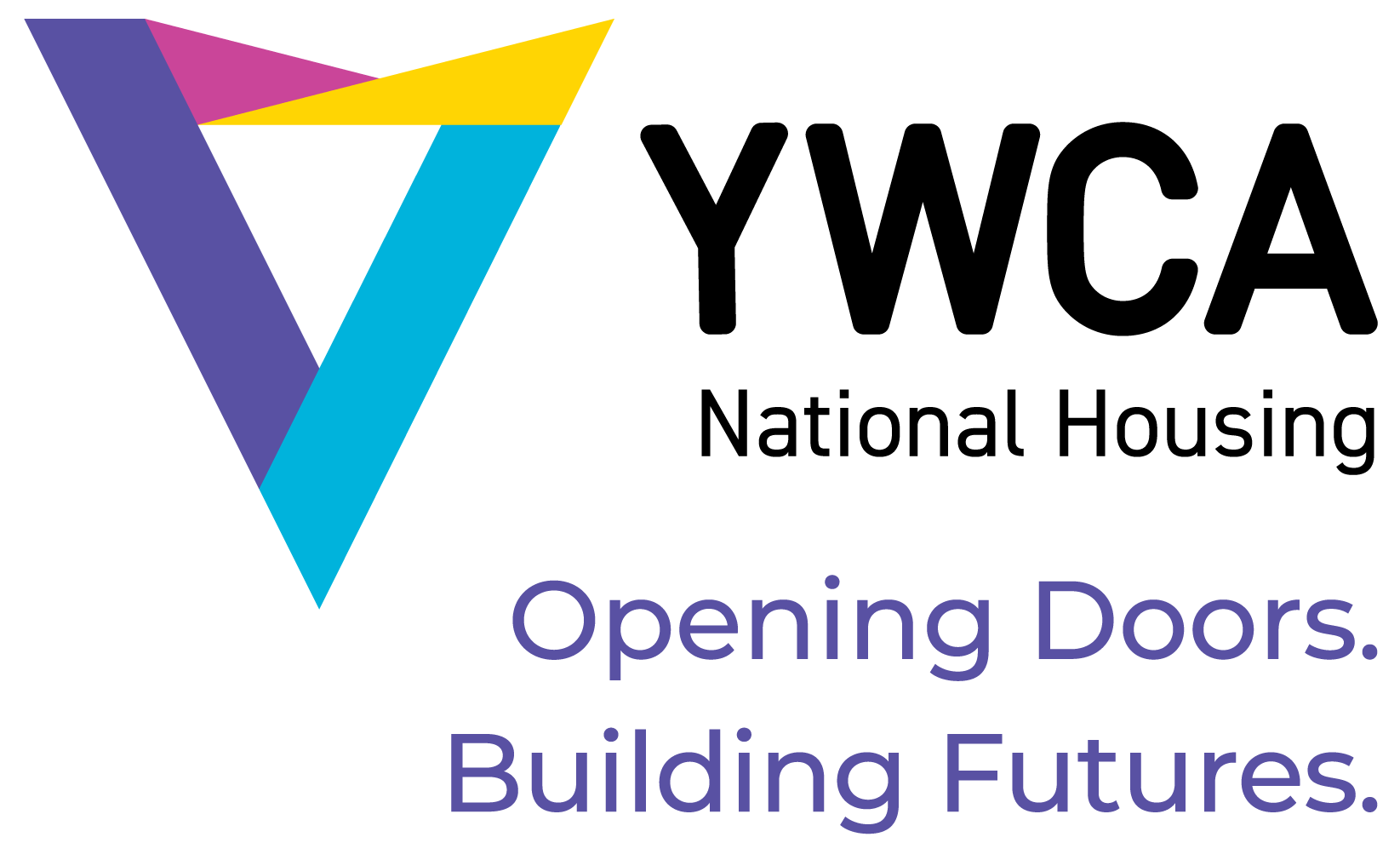Shocking new research has revealed one in eight women living in regional Australia has been homeless in the past five years and one in four has lived in temporary accommodation because they couldn’t afford the private rental market.
The Women’s Housing Needs in Regional Australia report is the first national study into women’s access to safe, affordable housing outside Australia’s capital cities and involved 1039 women living on low to moderate incomes in regional areas.
YWCA National Housing and Property Development Director Jan Berriman said the research highlighted the gross inadequacy of existing stock to meet demand.
“One in eight women reported being homeless in the past five years, and one in four hid their homelessness from others,” Ms Berriman said.
“One in five women personally knew at least one other woman who was currently homeless and two-thirds said homelessness was a growing problem in their communities. More than half of the women in the research worried they could become homeless.”
Women in regional New South Wales most frequently reported being homeless in the past five years (17 per cent), followed by women in regional Victoria (14 per cent) and regional Queensland (12 per cent). South Australia had the lowest number (8 per cent) and the national average was 12 per cent.

“Women are sacrificing the daily essentials of life to pay their rent or mortgage,” Ms Berriman said. “The research found 30 per cent of women went without meals in the past year to afford their housing costs, and 44 per cent had refrained from heating or cooling their homes for the same reason.”
Ms Berriman said Aboriginal and Torres Strait Islander women were at greater risk than nonIndigenous women with nearly one in three (31 percent) experiencing homelessness in the past five years.
“The research found 43 per cent of Aboriginal and Torres Strait Islander women had accessed emergency food relief in the past year, compared with 17 per cent of non-Indigenous women, and 15 per cent had lived in their car in the past five years compared with 4 per cent of nonIndigenous women,” she said.
Ms Berriman said the research revealed higher levels of homelessness than previous studies and statistics.
“One quarter of women who had been homeless, either in the past five years or currently, did not share their situation with any family member or friend, reflecting the likelihood of a much higher level of homelessness than previously understood,” Ms Berriman said.
She said numbers of women experiencing homelessness were expected to increase in the aftermath of bushfires, droughts and pandemics like COVID-19 because housing and jobs would be lost and rates of domestic and family violence were likely to increase.
“Domestic and family violence is the leading cause of homelessness for women in Australia, and in regional areas the impacts are even more severe because social services and supports may be limited and strained to start with,” she said.
“We need to urgently double and diversify affordable housing options in regional Australia or face a tsunami of homeless women and children across the country.”
Ms Berriman said the solution required a large-scale response and collaboration amongst private, public and not-for-profit organisations.
“YWCA National Housing is pioneering novel housing solutions that involve partnerships with private operators and build-to-rent projects that provide eligible tenants with options to buy but this study demonstrates we need to do much more to meet demand,” she said.
“Government, philanthropic, corporate and community organisations need to partner to create and increase the supply of social and affordable housing options whilst funding housing support services across the country.”
This research was partially funded by the Commonwealth Department of Industry, Innovation and Science through the Building Better Regions Fund Community Investments Stream Round 3.
Find the full report here: www.ywcahousing.org.au/research



